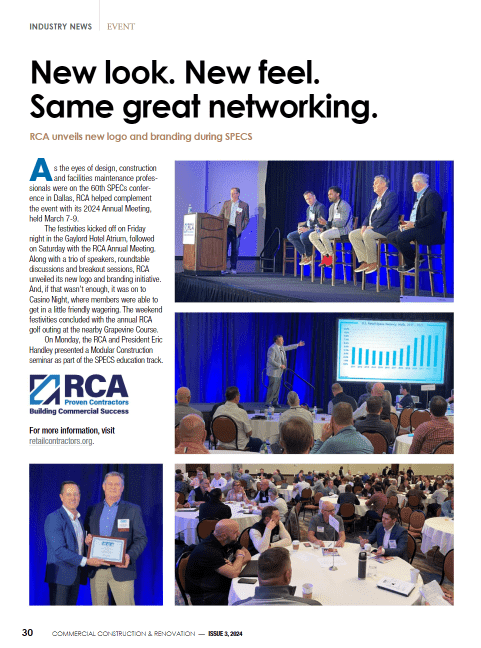Building work is big business. There are lots of variables as projects get underway, which could have financial implications and more. When a construction company agrees to provide a bid or to accept a contract, the person providing the business will want to know they will not end up out of pocket or be left with substandard work. The same thing also applies to the suppliers and subcontractors involved.
A specially designed insurance policy will provide a solution to this risk. Anyone who goes online for the next step may become quickly overwhelmed by the options that can be taken, and the different types of bonds available. This article takes a deep dive into the world of Construction Bonds and explains what they are and what purpose they serve.
Three Parties are Involved
Most loans simply involve two parties: the borrower and the lender. When researching online for more info a person can discover that Construction Bonds actually involve three parties. There is first of all the obligee who is the owner of the project needs to be protected against risk. The surety or second guarantor will be the insurance company that provides the bond. The primary guarantor will be the third party – the construction company who is obliged to fulfill its contractual work.
There are different types of bonds that can be used, depending on their purpose. They will also vary from state to state in America. Let’s take a look at a few individually.
The Surety Bond
This is actually a generic term rather than a specific type of bond. It is a promise that one party will pay (ie the insurance company) if the second party (the company doing the work) doesn’t do its job. Surety Bonds are most usually featured within the construction industry.
When potential business is going to be given to a company, there are two stages. The first is the bid stage, and the second is the contract stage.
Bid Bonds, Consent Of Surety and Good Guy Letters
Bid Bonds relate to the preliminary stage. They are an undertaking that the construction company will provide a tender price, and will complete the job if they are given it. The money guaranteed could either be a fixed figure or a percentage of that price, such as one-tenth.
A Consent Of Surety is often drafted and completed alongside the Bid Bond. It legally confirms that upon accepting the offer, the construction company will agree to take out other bonds if they are required.
A Good Guy Letter is also known as a Sunshine Letter and is basically a low key confirmation by the contractor that they can be a party to a bond if required. It’s an attempt by the construction company to demonstrate an interest in providing a bid price for the work. As a letter, it holds less power at law than a full bond.
Performance, Labour and Material Payment Bonds and Maintenance Bonds
When the legal process enters the contract phase, a Performance Bond may become applicable. The job is now being given to the building company, and they may need to agree to extra terms and conditions. The bond will guarantee between a half and all of the actual agreement price.
Labour and Material Payment Bonds are designed to protect third parties during the project. This would be the material suppliers and subcontractors working on site. Once again, it could be 50-100% of the contract value that is covered by the surety company.
Maintenance Bonds cover the work once it’s been underway and much of it has been completed. If the workmanship proves to be poor or the materials are substandard (such as inferior plumbing and painting), the insurance company will be liable to cover these shortfalls.
There are other types of contract bonds that a project leader may require to be undertaken. Once all parties have agreed to the terms and conditions, it can be a quick process obtaining the actual bond documents. Whilst they may vary in wording, the actual process is pretty much the same for them all. Whilst many bond documents can be produced online, it is highly likely that the project leader will require the paper versions rather than online ones, due to the high sums of money involved.
Any building company will wish to demonstrate that they are dependable in business, and have the financial backing they need to guarantee their work. Construction Bonds ensure that the person requiring the work will be protected from any contractor who is incompetent or unethical or illegal in its operation or doesn’t complete the job. Surety companies also provide peace of mind for subcontractors and suppliers that they will be paid, even if the main contractor defaults in doing so.








 The 2024 virtual Men’s Round Table will be held Q4, 2024, date TBD.
The 2024 virtual Men’s Round Table will be held Q4, 2024, date TBD.











